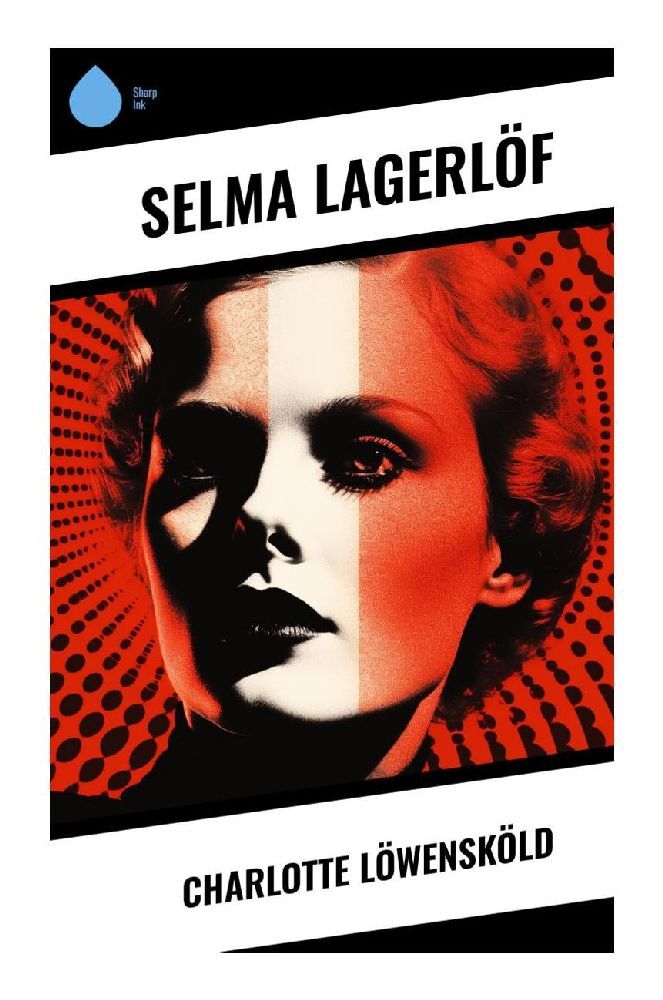
Zustellung: Do, 02.01. - Sa, 04.01.25
Versand in 4 Tagen
VersandkostenfreiBestellen & in Filiale abholen:
In "Charlotte Löwensköld," Selma Lagerlöf embarks on a poignant exploration of love, ambition, and the societal constraints of 19th-century Sweden. This novel intricately weaves the narrative of Charlotte, a strong-willed woman who confronts the limitations imposed by her community and the expectations of gender. Lagerlöf's lyrical prose is imbued with a deep sense of empathy, employing rich symbolism and vivid imagery that delves into the fabric of human emotions. Set against a backdrop of rural Swedish life, the novel reflects Lagerlöf's broader literary themes of mysticism and social consciousness, inviting readers to contemplate the complexities of inner and outer worlds. Selma Lagerlöf, the first woman to win the Nobel Prize in Literature, was deeply influenced by her upbringing in Värmland, Sweden. Her experiences in a society grappling with modernity and tradition, as well as her commitment to highlighting women's rights, undoubtedly fueled her creation of Charlotte Löwensköld. Lagerlöf's writing is often characterized by her fascination with folklore and cultural identity, elements that enrich the narrative and resonate with her personal history. I strongly recommend "Charlotte Löwensköld" to those who seek a profound understanding of human desires and societal barriers. Lagerlöf's masterful storytelling not only captivates the reader but also provides an essential commentary on the resilience of women across time. This novel is a significant contribution to Swedish literature and resonates with contemporary themes that remain relevant today.
Produktdetails
Sprache
englisch
Seitenanzahl
132
Autor/Autorin
Selma Lagerlöf
Verlag/Hersteller
Produktart
kartoniert
Gewicht
203 g
Größe (L/B/H)
229/152/7 mm
ISBN
9788028358471
Bewertungen
0 Bewertungen
Es wurden noch keine Bewertungen abgegeben. Schreiben Sie die erste Bewertung zu "Charlotte Löwensköld" und helfen Sie damit anderen bei der Kaufentscheidung.









